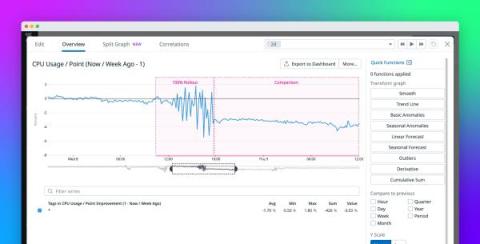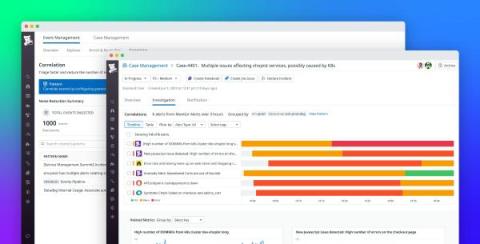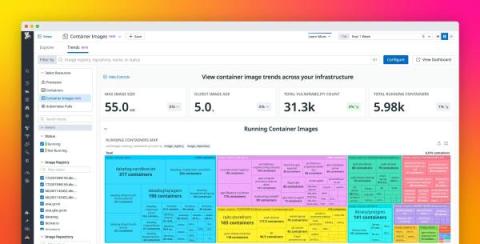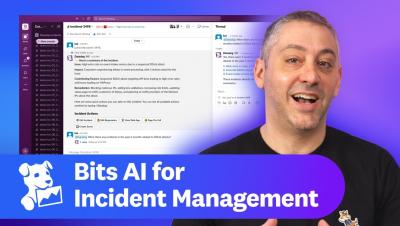Highlights from Google Cloud Next 2024
Over 30,000 people flocked to Las Vegas to see the latest and greatest from Google Cloud and its partners at Google Cloud Next 2024. As a long-time Google Cloud partner and recipient of two Google Cloud Technology Partner of the Year awards this year, we were there in full force to showcase our unified observability and security solutions and engage with the Google Cloud community.











